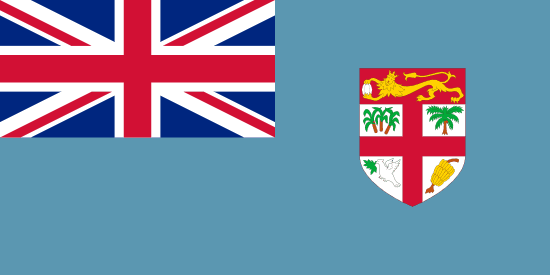"Bula Vinaka, Welcome to Fiji | Hello, Welcome to Fiji"
About:
Levuka, a town on the eastern coast of Ovalau Island, Fiji, was established around the early 19th century by European settlers. It served as Fiji's first capital from 1874 until 1883, when Suva was designated as the new capital for its better geography. Despite modern challenges, Levuka maintains much of its historical architecture, earning it a UNESCO World Heritage Site status in 2013. Today, it's a significant tourist destination and a testament to Fiji's colonial past.
When to visit:
Levuka, a historic town located on the Fijian island of Ovalau, is best visited during the dry season which typically runs from May to October. During this time, visitors can expect sunny days with lower humidity levels, making it ideal for exploring the town's charming colonial architecture and scenic surroundings. The months of July and August are particularly popular for travel to Levuka as they offer pleasant weather for outdoor activities such as hiking, snorkeling, and sightseeing. It is advisable to book accommodations in advance during these peak months to ensure a smooth and enjoyable holiday experience.
When to avoid:
Levuka, a charming town located in Fiji, experiences its peak tourist season during the months of July and August, making it a popular holiday destination during this time. However, the worst time to travel to Levuka on a holiday would be during the wet season, which typically occurs from November to April. This period is characterized by heavy rainfall, high humidity, and the risk of tropical cyclones, which can disrupt travel plans and limit outdoor activities. Travelers should exercise caution and plan accordingly if visiting Levuka during the wet season to ensure a safe and enjoyable holiday experience.
Rainy Season (Nov-Apr)
Levuka, Fiji experiences its wettest period from November to April, with January being the peak. During this time, the town receives an average rainfall of 300mm, with frequent heavy showers and occasional thunderstorms. The temperatures range from 22°C to 30°C, relatively warm despite the rain. The days are usually cloudy, with an average of 5-6 hours of sunlight. For a visitor, an average day would involve warm, damp conditions with possible rain showers. Indoor activities or exploring the town under an umbrella are common pastimes during this period.
"Hot Season (November–April)"
Levuka, Fiji experiences its warmest part of the year from November to April, with average high temperatures ranging from 28°C to 31°C (82°F to 88°F). This period is also the wet season, with monthly rainfall peaking at around 300mm in February and March. Despite the rain, there is still plenty of sunshine, with an average of 5-6 hours per day.
Humidity levels are relatively high during this period, typically hovering around 80%. The sky is often partly cloudy, but there are still plenty of clear or mostly clear days.
For a visitor, a typical day in Levuka during the warmest part of the year would feel hot and humid, especially in the afternoon. Mornings can be slightly cooler and less humid, making them a more comfortable time for outdoor activities. Rain showers are common, particularly in the afternoon and evening, but they are often brief and followed by sunshine. Despite the humidity and rainfall, the warm temperatures and tropical setting make this a popular time for visitors to enjoy the beaches and outdoor activities.
Language:
In Levuka, a town on the eastern coast of the Fijian island of Ovalau, the most commonly spoken languages are Fijian and English. Fijian is the indigenous language, while English is widely used due to Fiji's history as a British colony. Additionally, Fiji Hindi, a dialect of Hindi, is also spoken by the Indo-Fijian community.




